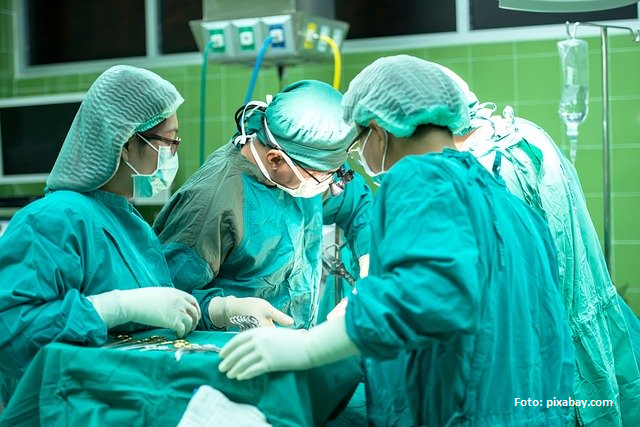Romania in need of physicians
The health situation in Romania is as serious as in the past years, the new wave of Covid-19 is currently making its presence felt and the country does not have enough medical personnel

Daniela Budu, 29.07.2022, 14:00
The life expectancy rate in Romania is among the lowest in Europe, and the COVID-19 pandemic has erased part of the growth recorded since 2000. According to a European Commission report on health in Romania, carried out last year, the pandemic highlighted the importance of strengthening primary medical care, preventive health and public health services in a system that depends, to a large extent, on hospital services. The health minister Alexandru Rafila has recently acknowledged that over 15,000 physicians have left Romania in recent years alone for better salaries in other countries. Thus, Romania is facing a crisis of specialists in anesthesia, intensive care, epidemiology, pediatrics, laboratory medicine and microbiology. And, unlike other European states, Romania has one doctor per about 200 inhabitants, far below the European average, due to faulty public health policies.
The situation is much worse in rural areas, where a doctor sees eight times more patients. Moreover, a recent analysis shows that family medicine in Romania could face big problems in the not too distant future. The massive aging phenomenon observed in this category of doctors could have major consequences in the next ten years, the experts in the field warn. And the health minister admitted that, at present, there is a national crisis of doctors for certain specialties, including those of emergency medicine and family medicine. As far as primary medical care is concerned, the medical corps is aging, and hundreds of localities do not have a doctor.
Here is the health minister Alexandru Rafila: “This is a national phenomenon. There are specialists that work in critical units such as emergency rooms, ambulance services, and primary medical assistance. Despite the apparently large number of family doctors, namely 11,000, hundreds of localities in Romania do not benefit from primary medical care, and the medical staff is aging, with an average age of over 55 years.”
According to the health minister, the shortage of medical personnel with higher education studies cannot be covered in the short term, but the problem could be solved in the future by implementing a human resources strategy in health, that should be developed for the first time in Romania. The strategy would be a partnership with the universities of medicine and pharmacy. Meanwhile, in Romania, the number of Covid-19 cases and implicitly the number of patients in hospitals have started to rise again. The authorities announce that they are working on the necessary legislation for opening COVID vaccination centers within the health facilities. This is a preparation measure for the autumn vaccination campaign, when a new vaccine is expected, adapted to the new variants of the Omicron strain. (LS)






























